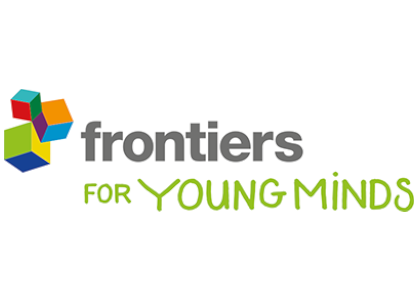This new journal is written for young people interested in science, and all the articles are also reviewed by children! This is a great place to try your hand at writing science articles for a very different but very interested audience.
Frontiers for Young Minds is committed to providing high-quality, plain-language articles about cutting-edge science. Researchers have a chance to reframe their own recent research and publications into language that can be understood by a younger audience. Authors need to respond to and integrate the feedback provided by their Young Reviewers.
https://kids.frontiersin.org/articles
Here’s some recent articles:
A Mussel’s Life Around Deep-Sea Hydrothermal Vents
A Salty Coral Secret: How High Salinity Helps Corals To Be Stronger





